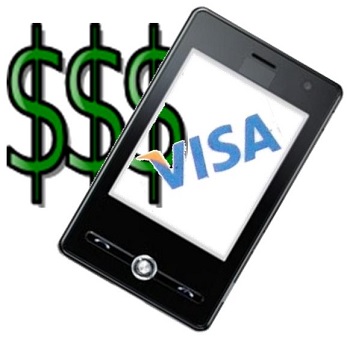A new mobile app is using location based tech to make sure that the ill can find the medical services they need.
Geolocation technology has been shown to be successful for use in mobile marketing and in specific programs such as ride sharing services, but this tech is now also branching out into health care as a location based app makes it possible for patients to use their smartphones to arrange for house calls from a physician.
The smartphone service, called Pager, is currently available only to patients living in Brooklyn and Manhattan.
The intention of the service is to start spreading outward into other cities by 2015. This geolocation technology based app has only just launched in May, but is becoming quite popular among mobile device users. The tech behind the application was designed by Oscar Salazar, the co-founder of Pager, who had also previously been an engineer on the team that was behind the creation of the on demand ride share technology that is now used by Uber.
Salazar used his knowledge of geolocation technology to come up with a new service along with two other entrepreneurs.
 Together, the group of three people managed to raise $3.5 million in investment capital in order to create and launch the Pager mobile app. The marketing director at Pager explained that “We do share some of that [Uber] DNA.” He also added that through the use of this service, “Our doctors come to you. It’s on demand.”
Together, the group of three people managed to raise $3.5 million in investment capital in order to create and launch the Pager mobile app. The marketing director at Pager explained that “We do share some of that [Uber] DNA.” He also added that through the use of this service, “Our doctors come to you. It’s on demand.”
This startup has joined a rapidly growing health care trend that has seen patients looking to try to step away from the experience of primary care clinics and hospitals, in order to receive “convenience care.” That sector involves a number of different types of service, including urgent care clinic based episodic treatments. However, many people are also starting to see the opportunity presented by care offered in a person’s own home through the use of video conferencing, email, remote health monitoring, and – through this service – actual house calls.
Patients and insurance companies, alike, have been working hard to steer health care out of emergency rooms, where the highest treatment costs are generated. With geolocation technology, this is becoming possible, even without having to call ahead to schedule appointments or sit around for ages in a waiting room.

 To work with the LoopPay
To work with the LoopPay 